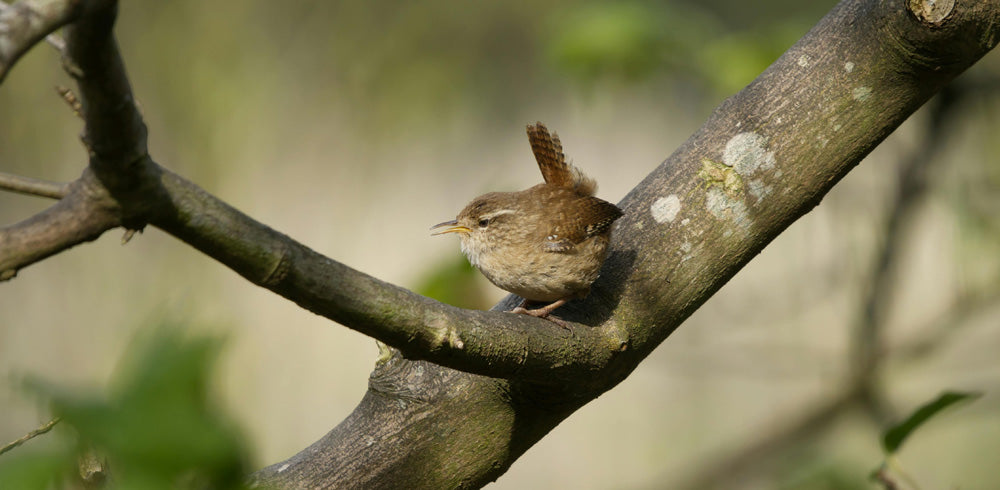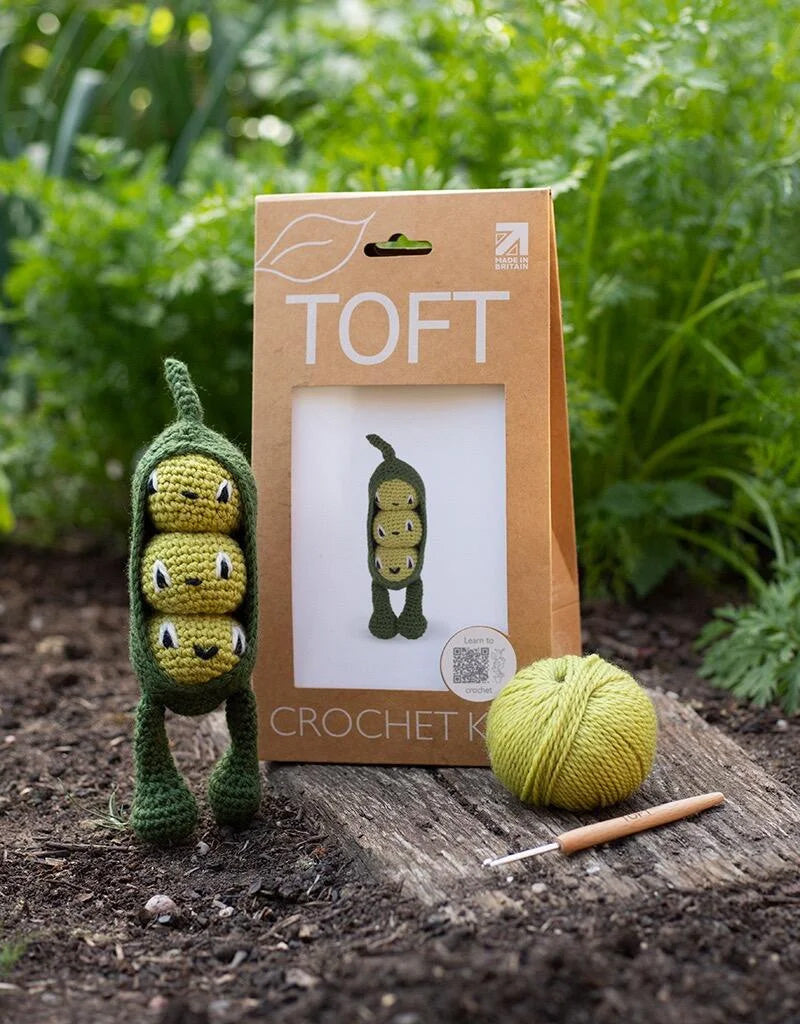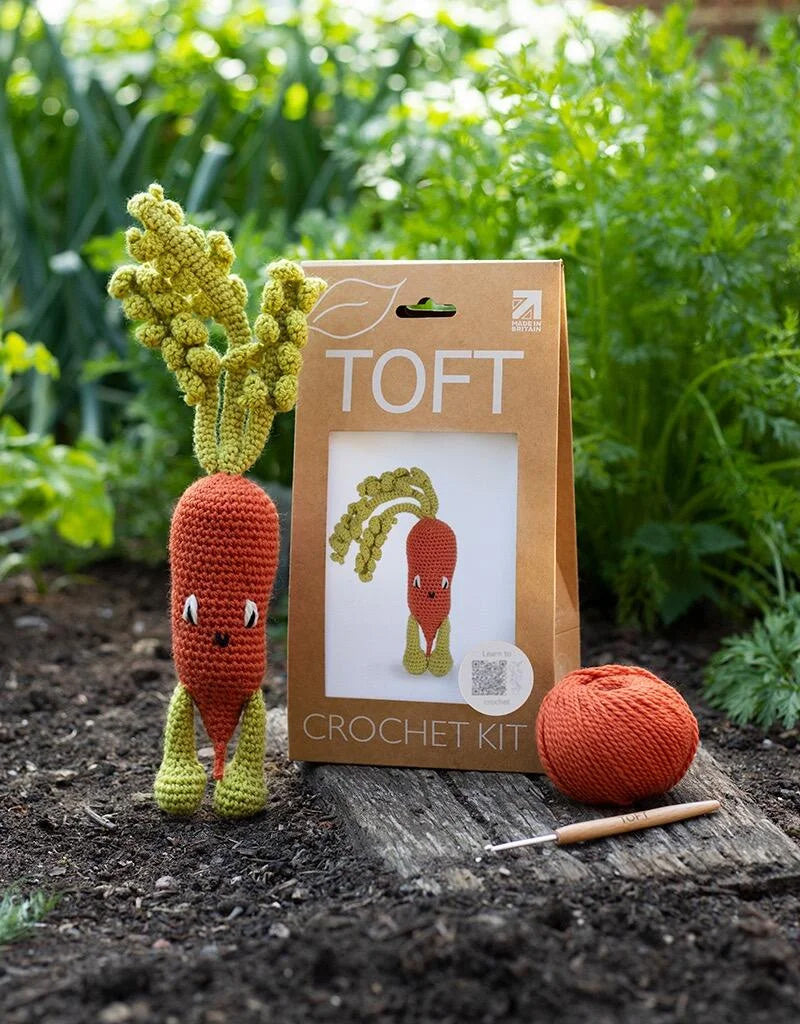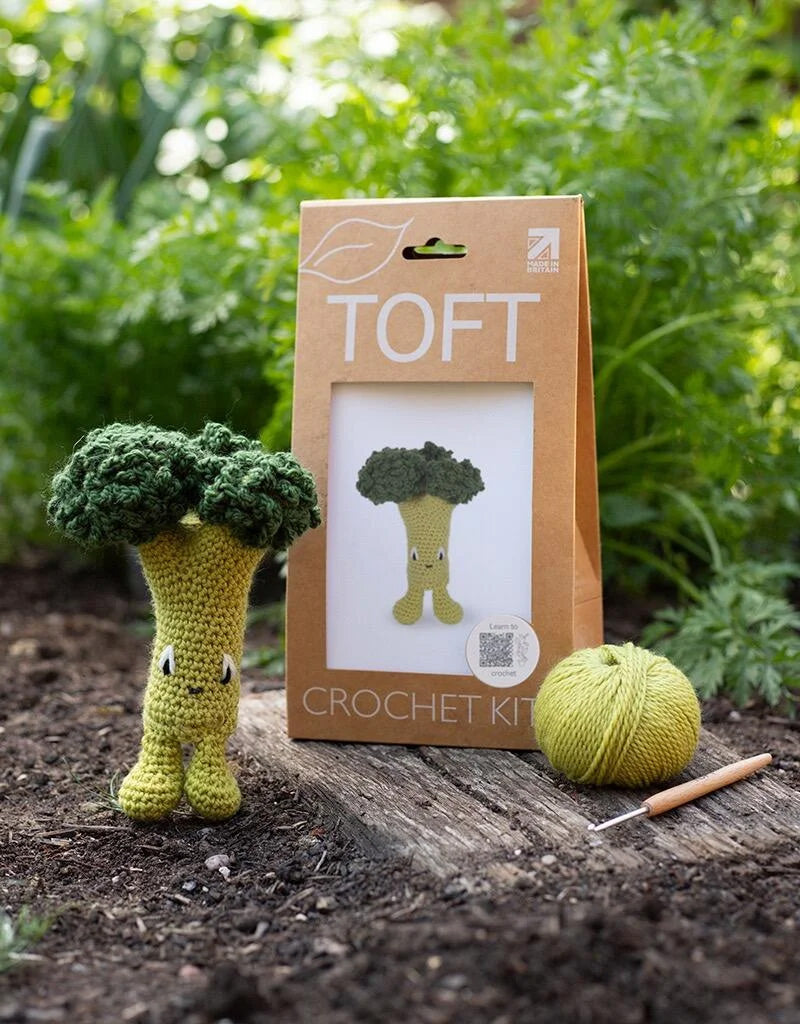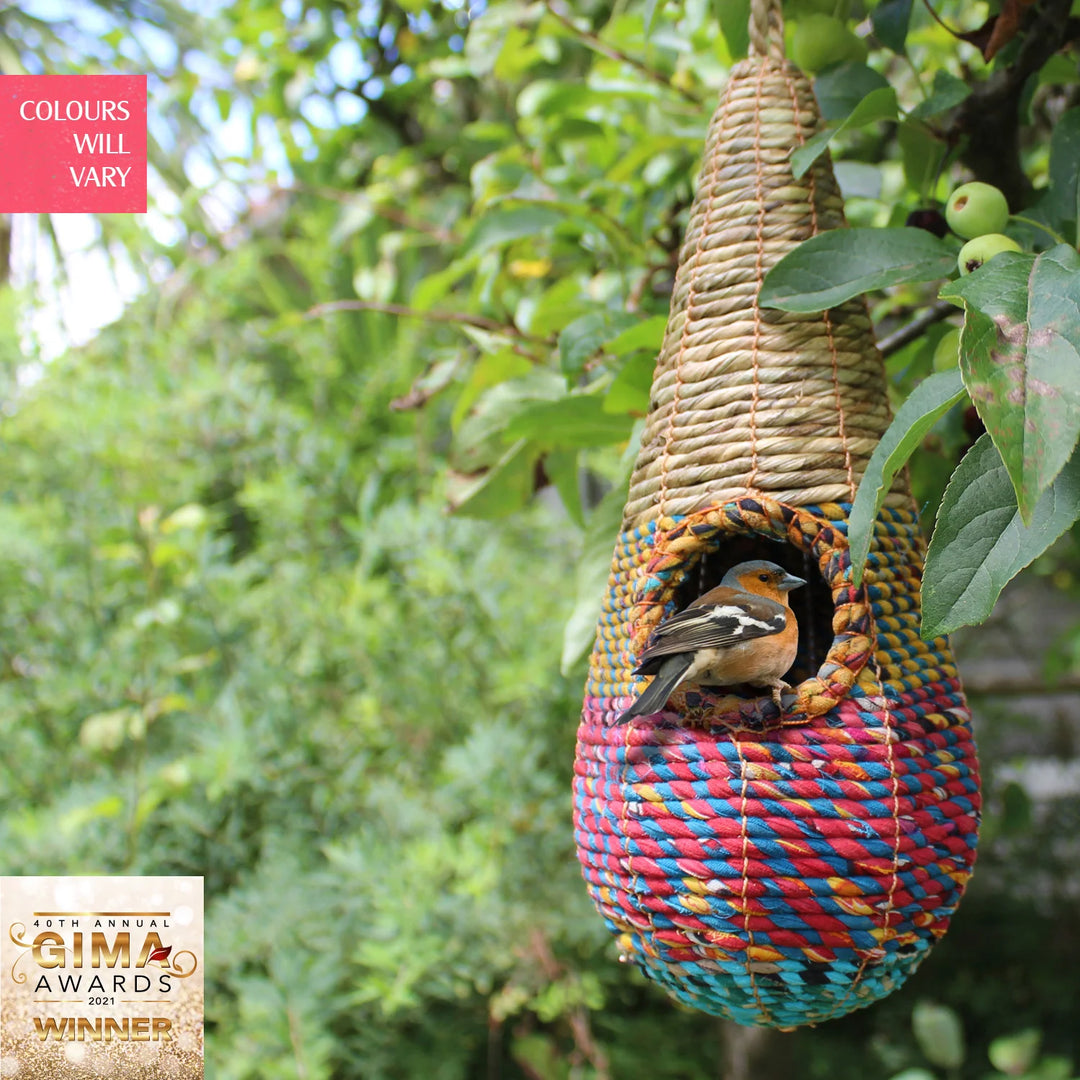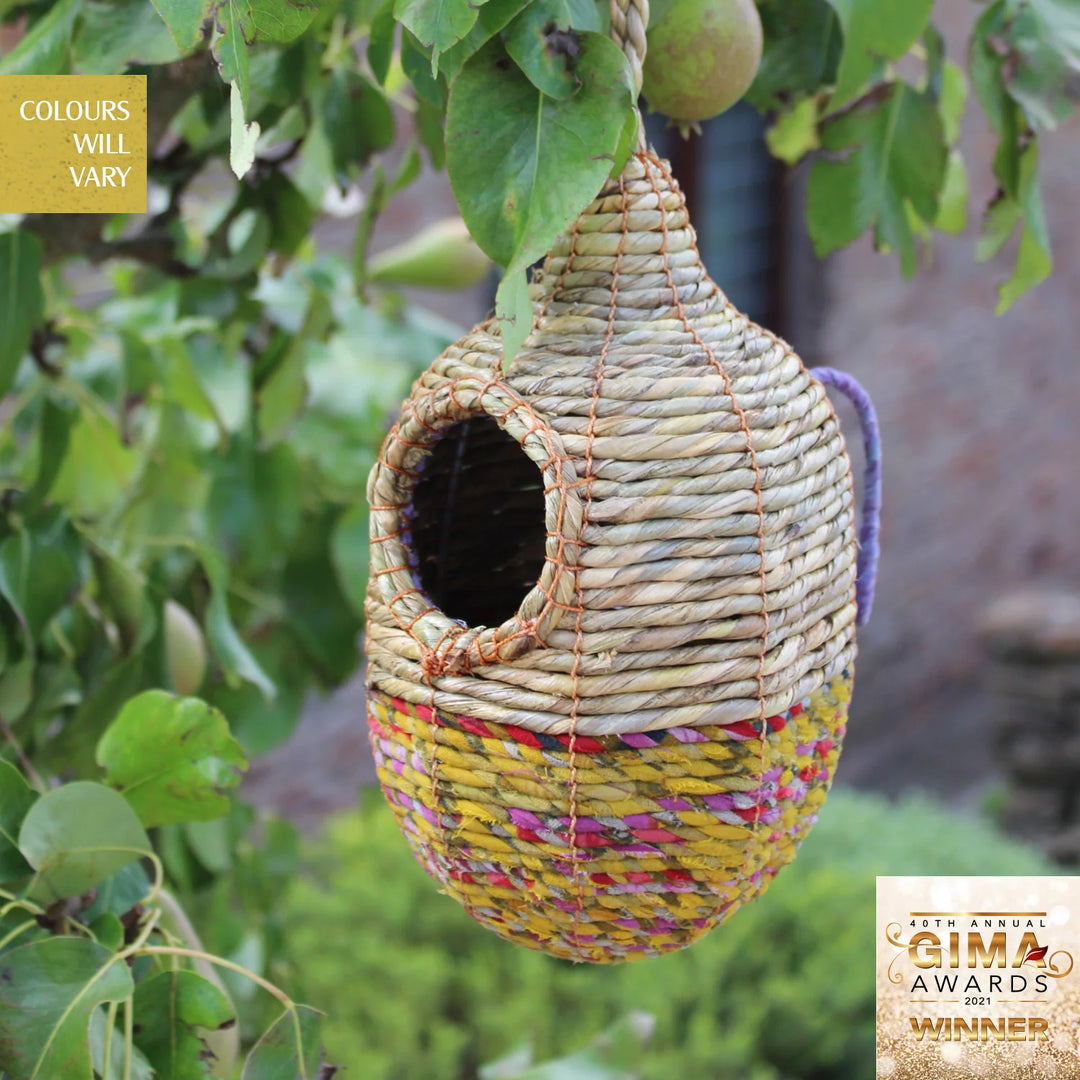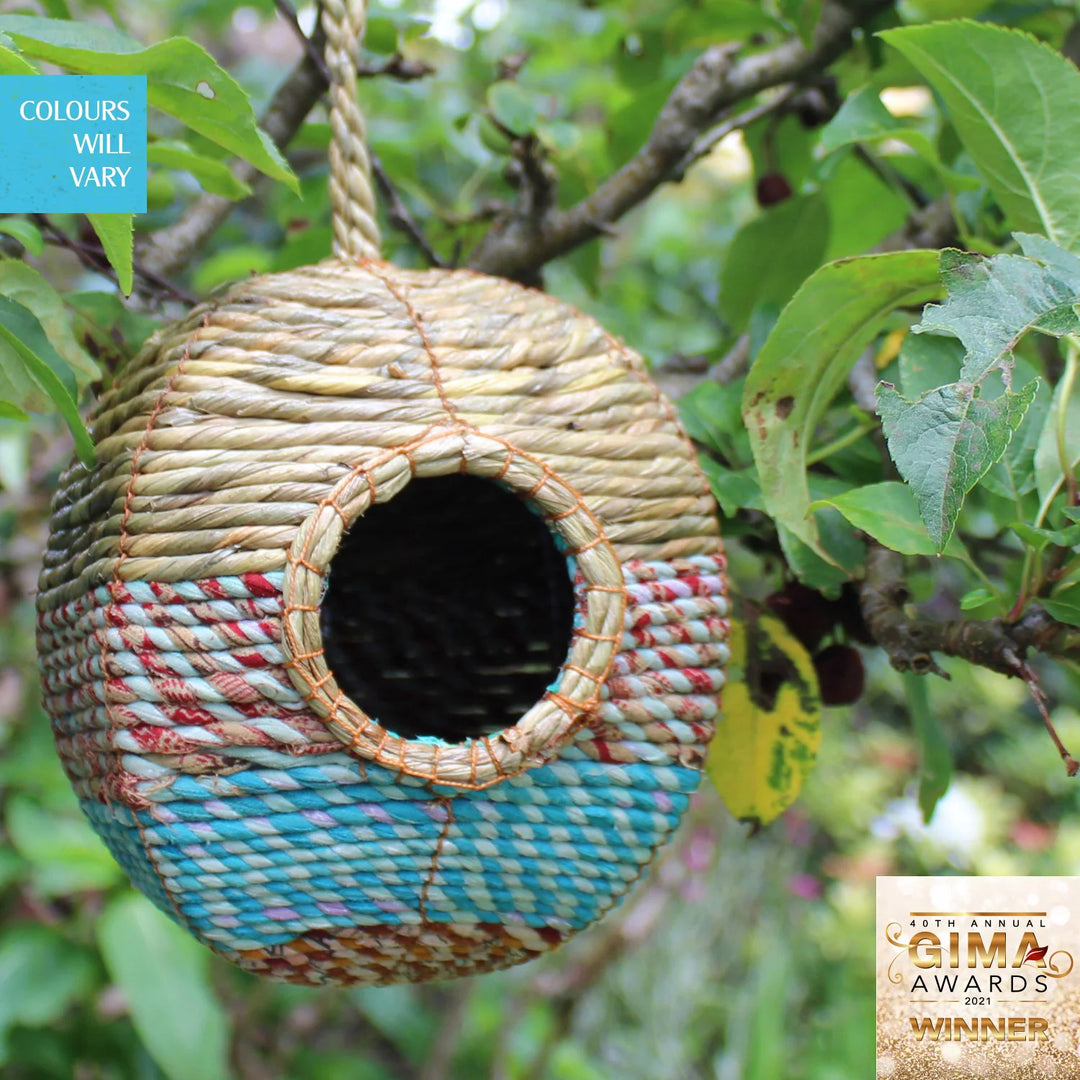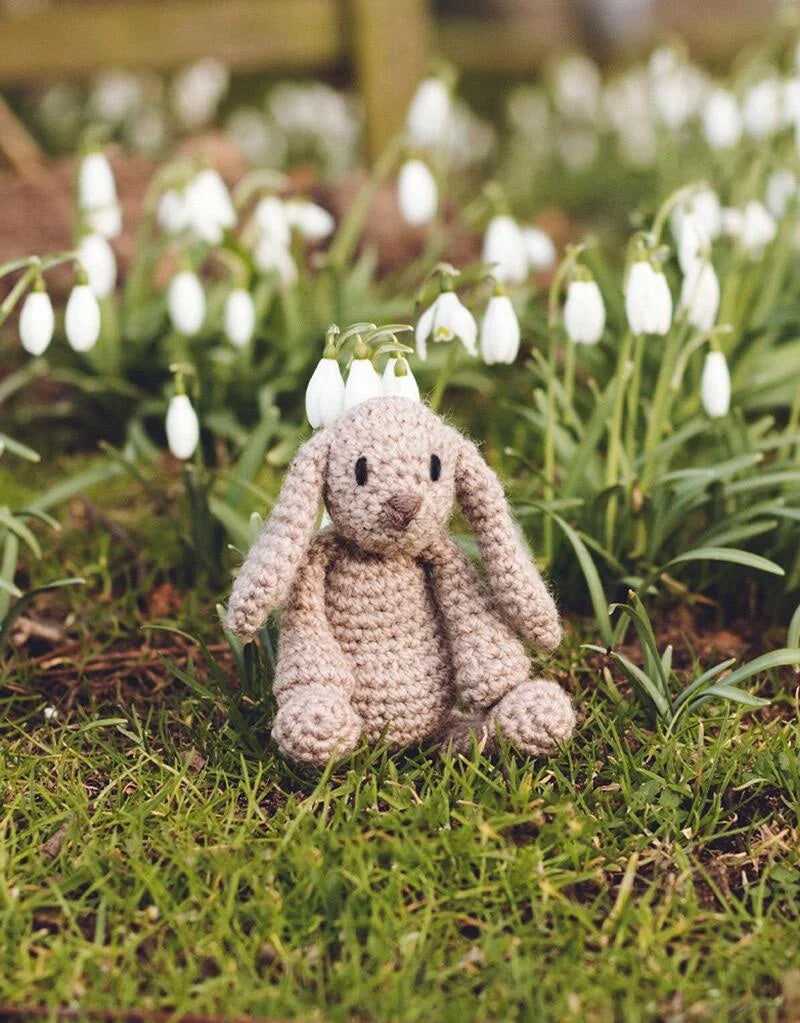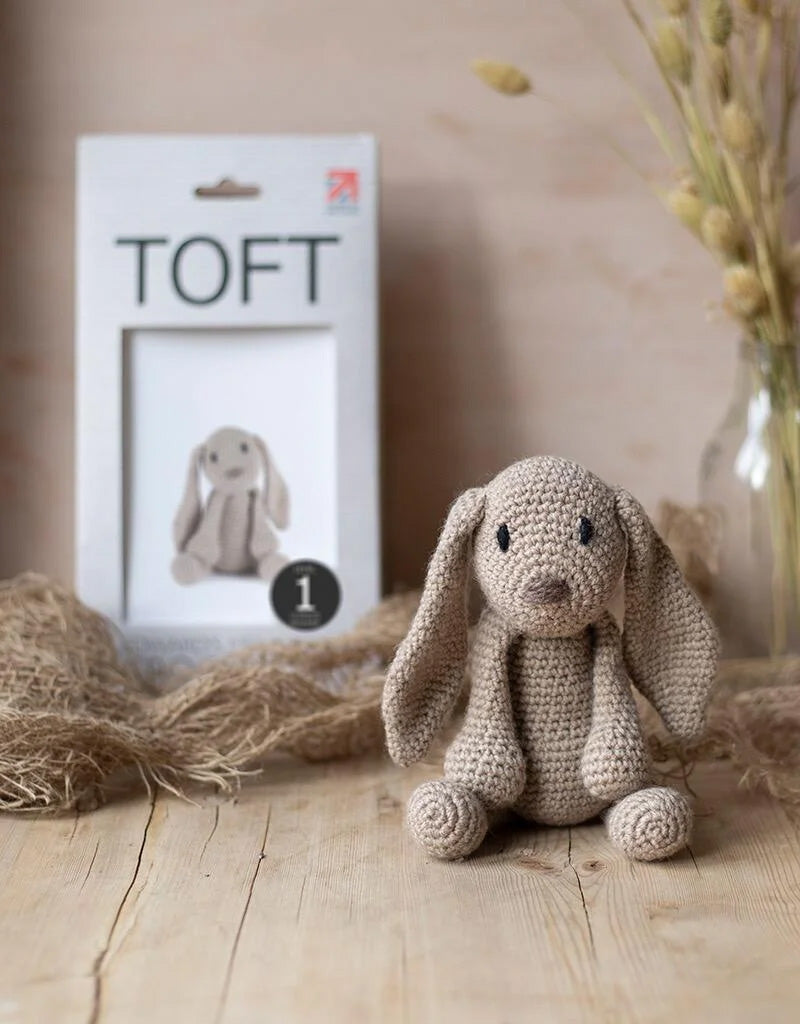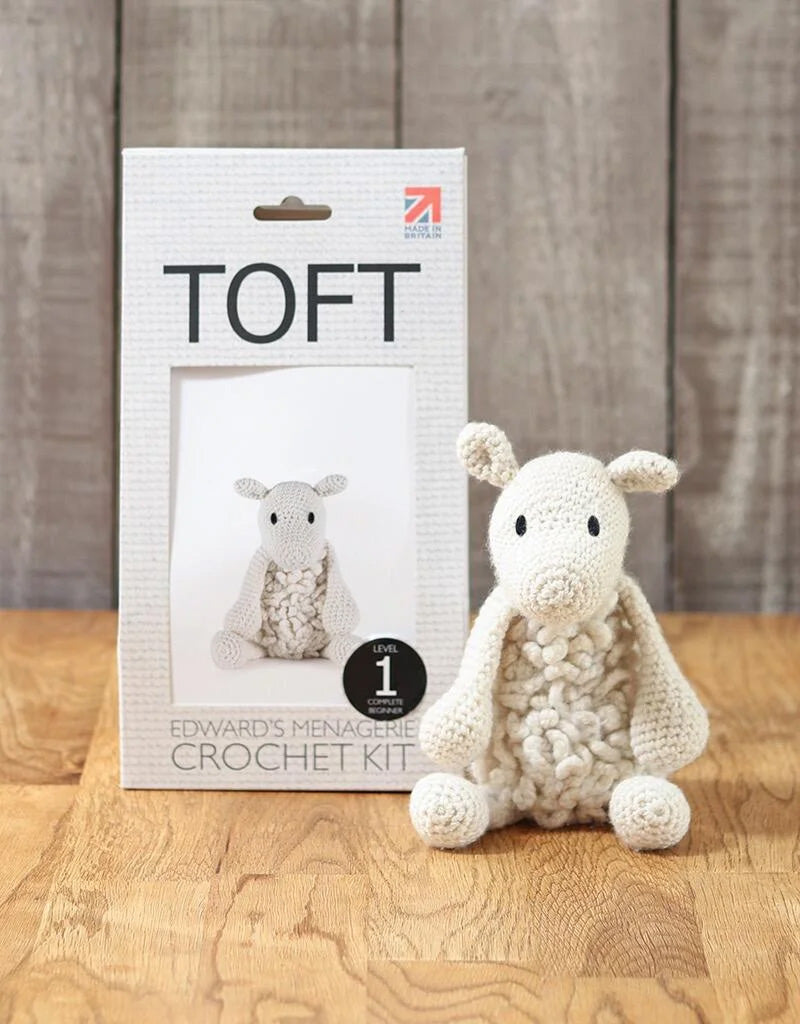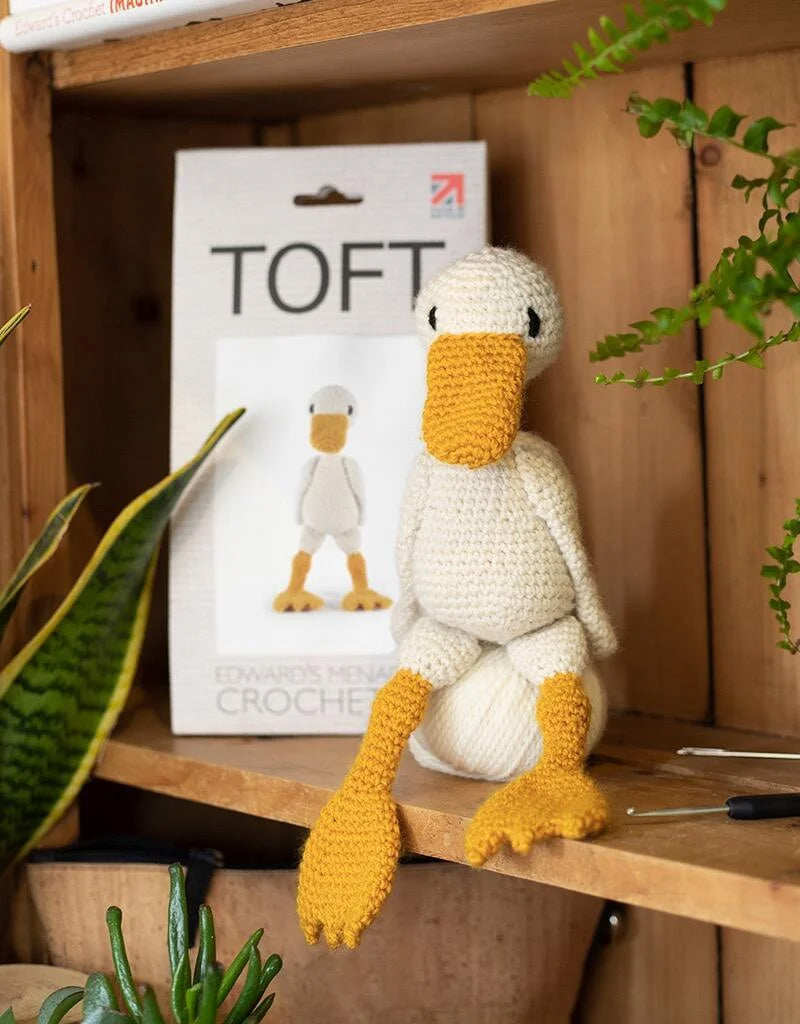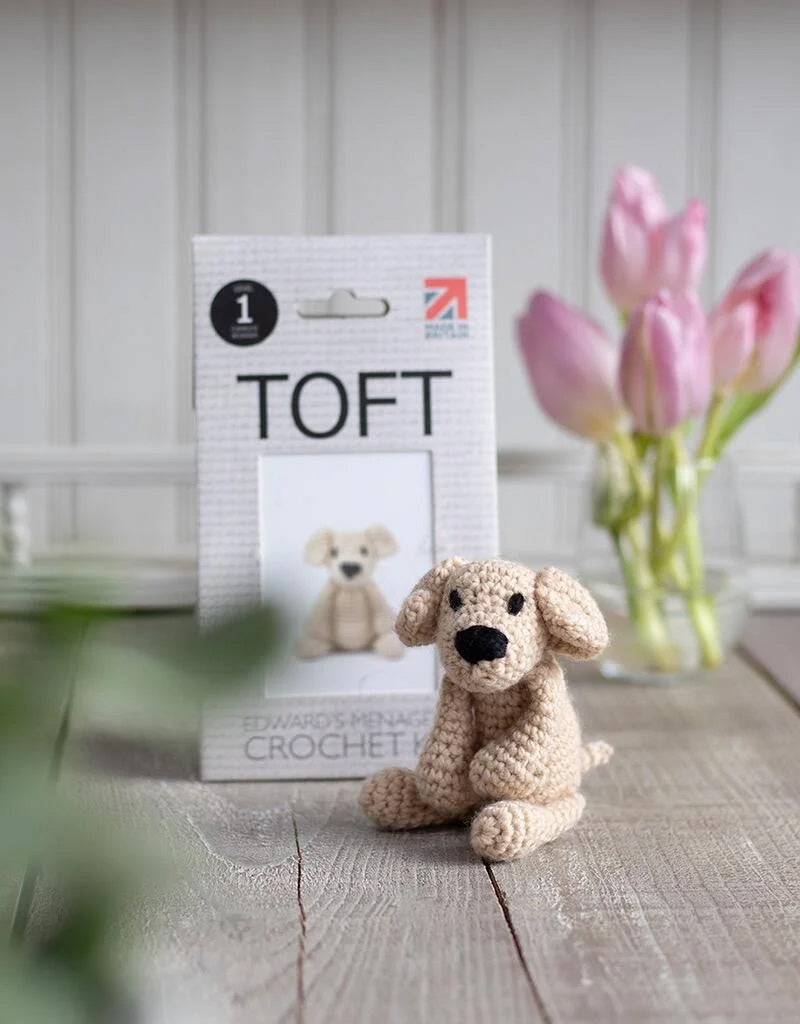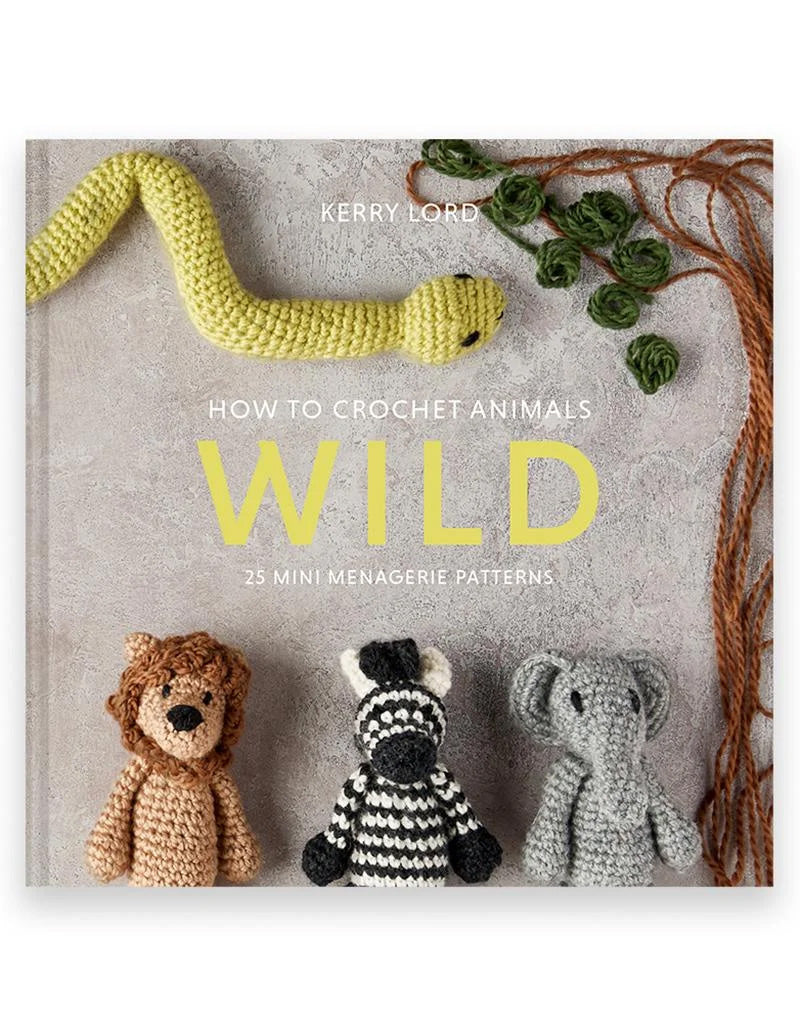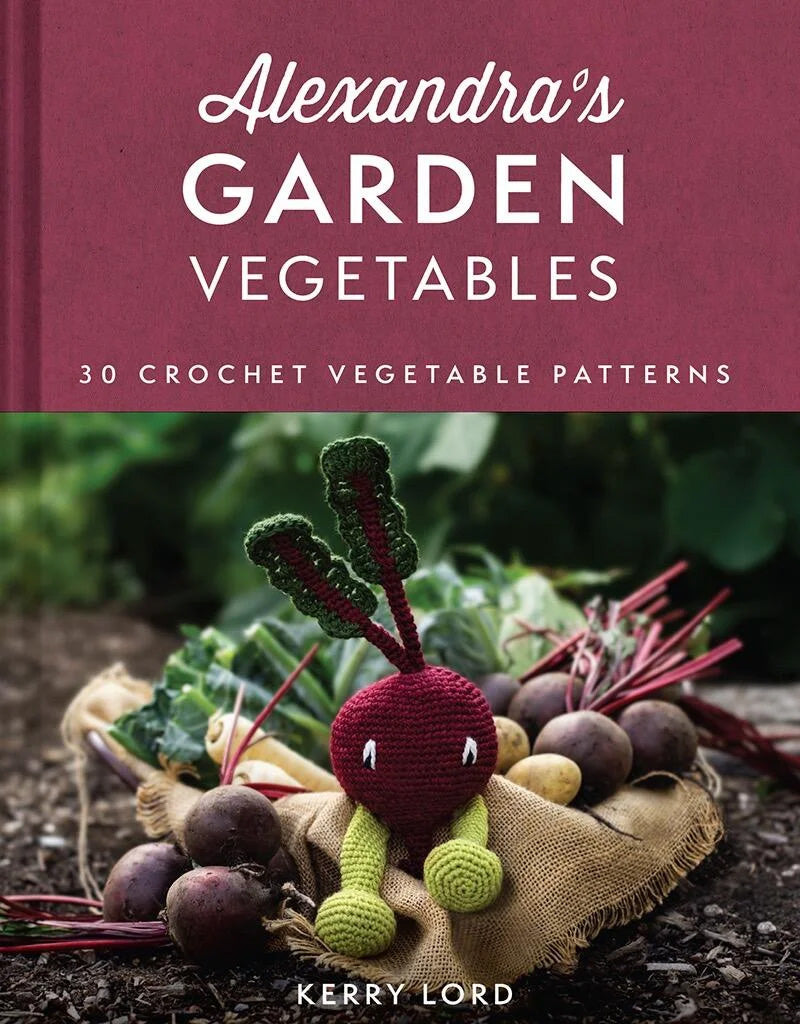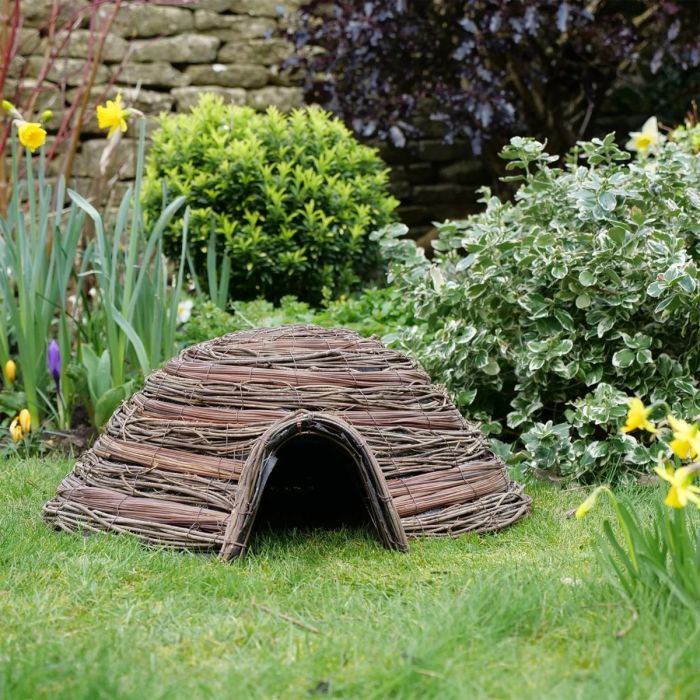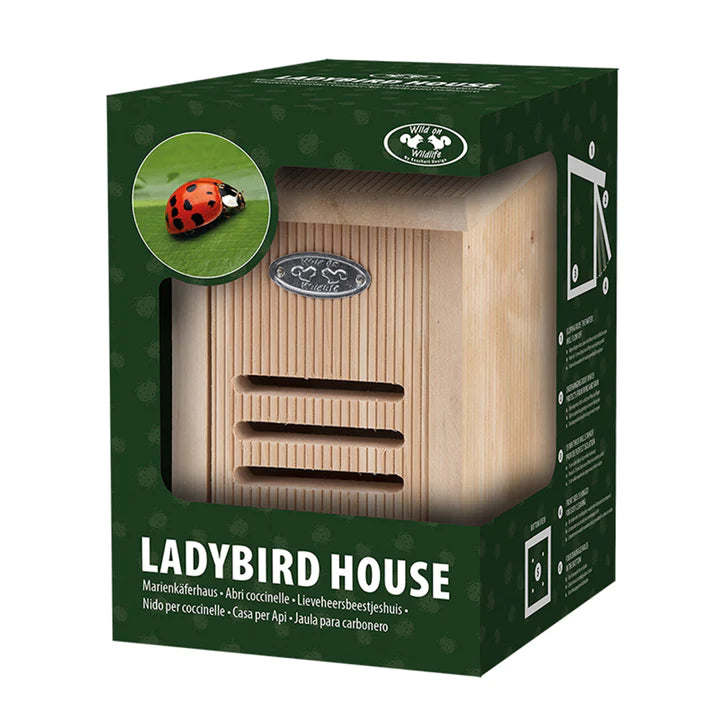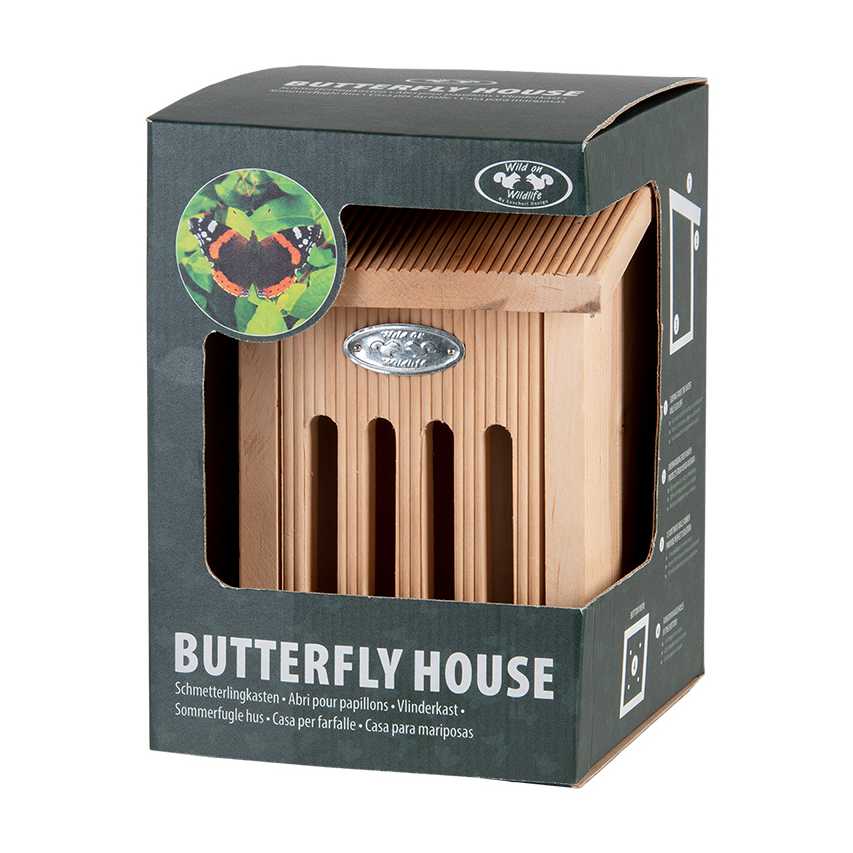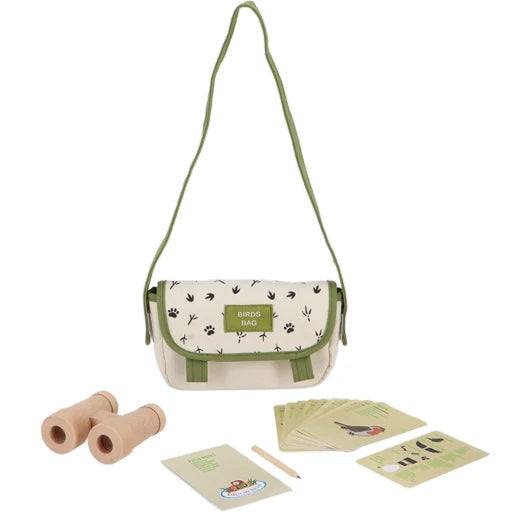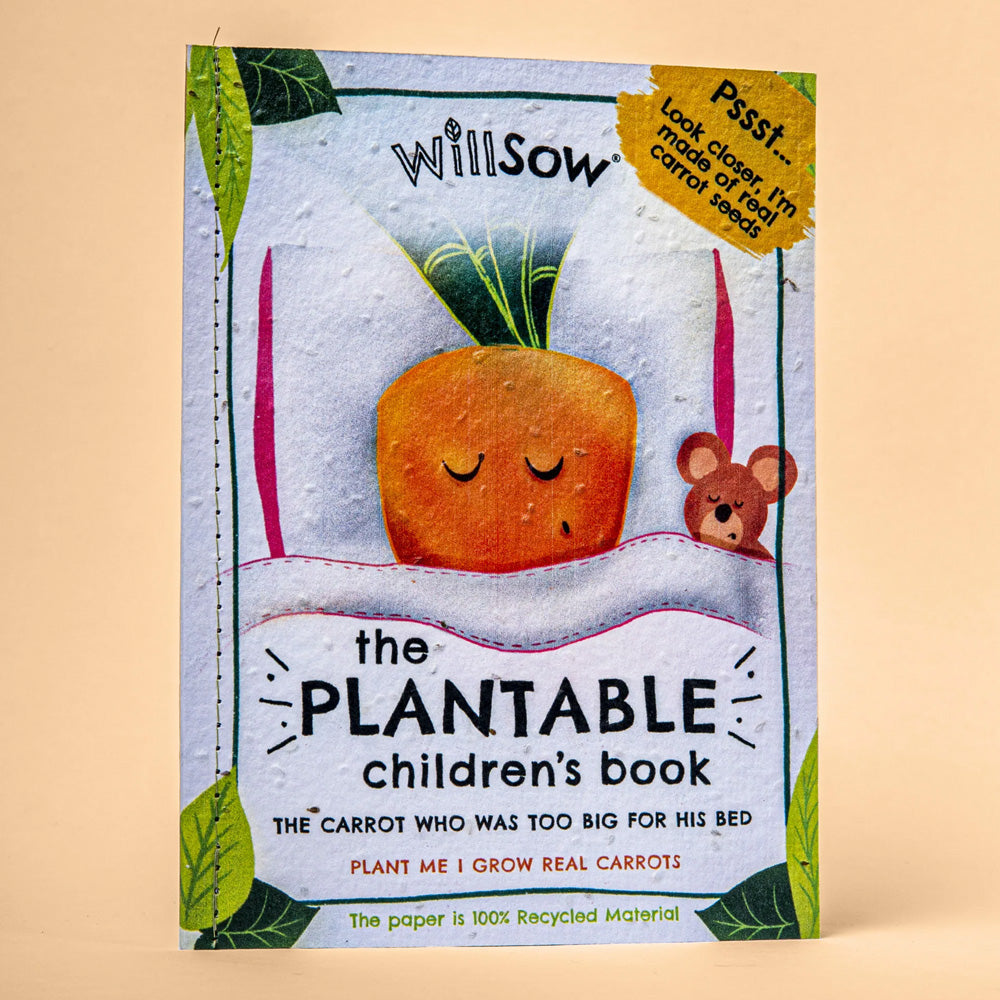Wren
The wren is a small, wild bird that can be found throughout the UK. Despite its size, this tiny creature is a symbol of strength and resilience. Wrens are known for their beautiful plumage, which comes in a variety of colours ranging from brown and grey to more vibrant shades of orange and yellow. Their distinctive beaks are perfectly adapted for their diet, which consists mainly of insects and spiders.
Wrens are a protected species in the UK due to their declining numbers. They are considered endangered, with their habitats being threatened by urban development and climate change. Conservation efforts are being made to help preserve these charming birds and their natural habitats.
One of the most fascinating aspects of wrens is their migration patterns. While some wrens are resident in the UK year-round, others migrate to warmer climates during the winter months. These migratory wrens travel long distances to find suitable breeding grounds and food sources.
Breeding season is a crucial time for wrens in the UK. They build intricate nests in dense vegetation, using twigs, leaves, and moss to create a cozy home for their eggs. Female wrens lay several eggs at a time, which they incubate for around two weeks before they hatch. Both parents take turns feeding and caring for the young chicks until they are old enough to fend for themselves.
The feathers of wrens play an essential role in their survival. Their feathers provide insulation against the cold and protection from predators. Wrens are known for their distinctive tail feathers, which they often flick up and down as they move about in search of food. This behaviour is not only charming to observe but also serves as a form of communication between wrens.
In addition to their striking plumage and behaviour, wrens are also known for their melodious songs. These tiny birds have powerful voices that can be heard throughout the UK countryside. Their songs are a joy to listen to and are often used to attract mates and defend territories.
Overall, wrens are fascinating creatures that play a vital role in the ecosystem. By learning more about these wild birds and their habits, we can better appreciate the beauty and diversity of nature in the UK. Let’s continue to protect and preserve wrens and their habitats for future generations to enjoy.
Wrens are a protected species in the UK due to their declining numbers. They are considered endangered, with their habitats being threatened by urban development and climate change. Conservation efforts are being made to help preserve these charming birds and their natural habitats.
One of the most fascinating aspects of wrens is their migration patterns. While some wrens are resident in the UK year-round, others migrate to warmer climates during the winter months. These migratory wrens travel long distances to find suitable breeding grounds and food sources.
Breeding season is a crucial time for wrens in the UK. They build intricate nests in dense vegetation, using twigs, leaves, and moss to create a cozy home for their eggs. Female wrens lay several eggs at a time, which they incubate for around two weeks before they hatch. Both parents take turns feeding and caring for the young chicks until they are old enough to fend for themselves.
The feathers of wrens play an essential role in their survival. Their feathers provide insulation against the cold and protection from predators. Wrens are known for their distinctive tail feathers, which they often flick up and down as they move about in search of food. This behaviour is not only charming to observe but also serves as a form of communication between wrens.
In addition to their striking plumage and behaviour, wrens are also known for their melodious songs. These tiny birds have powerful voices that can be heard throughout the UK countryside. Their songs are a joy to listen to and are often used to attract mates and defend territories.
Overall, wrens are fascinating creatures that play a vital role in the ecosystem. By learning more about these wild birds and their habits, we can better appreciate the beauty and diversity of nature in the UK. Let’s continue to protect and preserve wrens and their habitats for future generations to enjoy.


